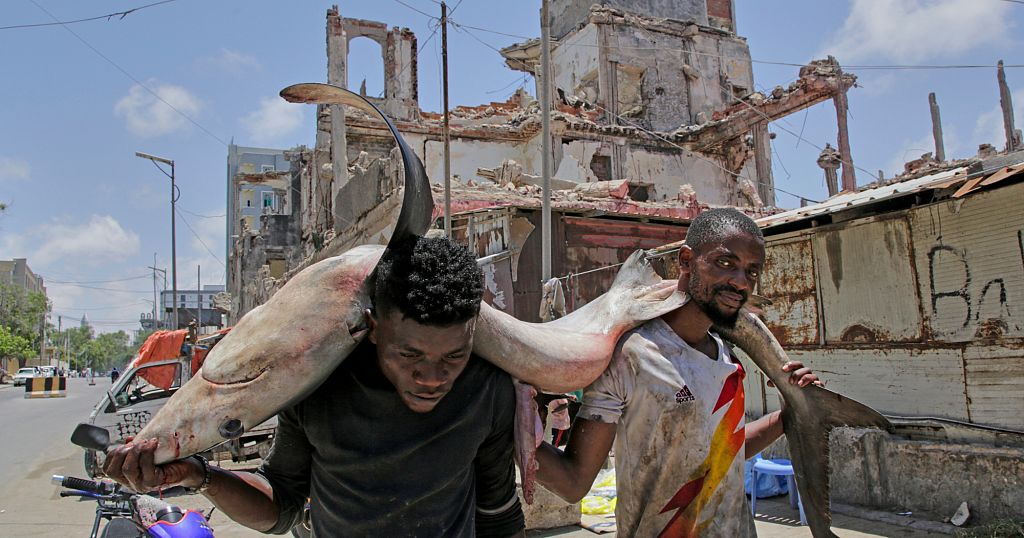Somali Cabinet Approves Human Rights Commission Candidates Amid Opposition Criticism
Somali Council of Ministers on Thursday formally approved a list of nine candidates for appointment to the National Independent Human Rights Commission (NIHRC) during its weekly session chaired by Prime Minister Hamza Abdi Barre.
The nominations, submitted by the Minister of Family and Human Rights Development, followed what the government described as a "rigorous and transparent selection process." The process was reportedly carried out in full compliance with Articles 8, 15, 16, and 17(1) and (2) of Law No. 16, enacted on 27 June 2016.
According to a government statement, the shortlisted candidates were chosen based on merit, integrity, and professional competence, in line with internationally recognized standards such as the Paris Principles and the General Observations of the Global Alliance of National Human Rights Institutions (GANHRI).
The Council’s endorsement marks a major milestone in Somalia’s long-standing efforts to establish a credible and independent human rights institution. The government views this step as critical to advancing human rights protections, strengthening accountability mechanisms, and reinforcing the rule of law.
However, the appointment process has sparked backlash from the Somali Salvation Forum, a coalition of opposition political actors. The Forum issued a strong condemnation of the NIHRC nomination process, accusing the federal government of unlawful interference and lacking transparency.
"The government's actions undermine the independence of the commission and compromise its credibility," the Forum said in a statement.
The dispute comes amid broader tensions between the federal government and opposition forces, as disagreements persist over constitutional reforms, the upcoming electoral process, and the establishment of independent oversight bodies.
The unfolding controversy underscores the growing challenges in Somalia’s state-building journey and highlights the fragile balance between political consensus and institutional development.







